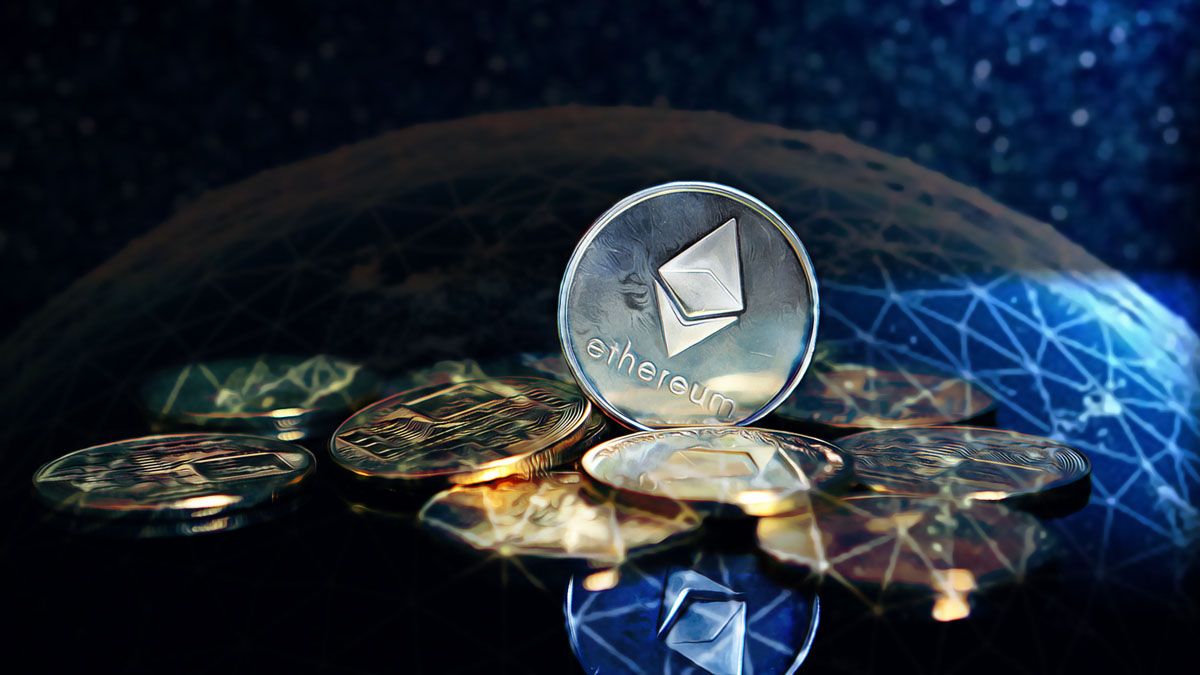The Ethereum ecosystem is poised for significant improvements with the Dencun upgrade, set to reach three test networks in early 2024, promising lower gas fees and increased transaction speeds for Layer-2 solutions. The upgrade, activated on the Goerli test network on January 17, introduced several Ethereum Improvement Proposals (EIPs), with EIP-4844 enabling the much-anticipated proto-danksharding mechanism to reduce Layer-2 transaction fees.
The Dencun upgrade’s deployment on Goerli experienced a four-hour delay due to a synchronization error, as explained by Nebojsa Urosevic, co-founder of Ethereum development platform Tenderly. The error was in Ethereum’s proof-of-stake client Prysm, which prevented network nodes from synchronizing.
Urosevic, who also serves as Senior Vice President of Engineering at Tenderly, noted that synchronization delays are common during upgrades and that the error was promptly identified and corrected. He emphasized the importance of having multiple proof-of-stake mechanisms and test networks for this reason.
Tim Beiko, protocol lead at the Ethereum Foundation, shared a summary from the All Core Developers Execution Call on January 18, outlining the issues. The error was related to Prysm setting the historical roots value to zero, which hindered the completion of the Dencun upgrade on the Goerli test network.
Dencun encompasses nine different EIPs, with proto-danksharding and blob transactions highlighted as the most anticipated features, according to Urosevic. These advancements are expected to significantly improve Ethereum’s scalability by using transactions that carry blobs instead of calldata, potentially reducing costs by 80-90%. Following the successful implementation on Goerli, the Sepolia and Holesky test networks are next in line before mainnet upgrade plans are executed.












